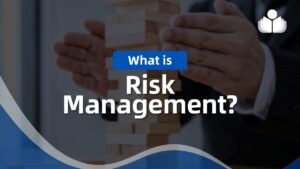(Be sure to see “Musts” 6-10 in this blog, too)
5. Please, do not — you MUST NOT — write your own fundraising materials. And, if you insist on doing so, pay an experienced fundraising writer to review and comment on your writing.
Writing for fundraising is an Art. Most fundraising letters, case statements, grant proposals, etc, are nowhere near as effective as they could be. Many fundraising letters (and you’ve probably gotten some of them) are really terrible.
4. You MUST diversify your sources of funding for your fundraising program to be successful over the long term,
Every time the economy takes a hit, government, corporations and foundations reduce their funding of non-profits. The greater the number of individual major donors an organization has, the smaller the chance that an economic downturn will force you to reduce services to your community.
3. You MUST NOT assume that a special event will make everything better!! You can’t expect to create a special event and have it be instantaneously successful. An event most often requires a multi-year period to establish itself and begin generating enough income to do more than pay its own costs.
A great number of attendees at special events are paying for entertainment or to “honor” someone they care about. You can’t count on those people buying tickets every year. They may find an event that’s more entertaining or that has an “honoree” to whom they feel a greater connection.
2. All donors MUST be thanked/recognized for their gifts, but not every donor wants to be thanked/recognized in the same way. Some like seeing their names in print, some don’t; some like plaques, some don’t; the better you know your donors, the more appropriately you can thank/recognize them.
1. A successful fundraising program MUST be designed based on the needs of donors, not the needs of the organization. Donors give to satisfy their needs, not yours.
========================
Have a question about starting or expanding your fundraising? Email me at [email protected]. With over 30 years of counseling in major gifts, capital campaigns, bequest programs and the planning studies to precede these three, we’ll work to answer your question.
 Sections of this topic
Sections of this topic
















